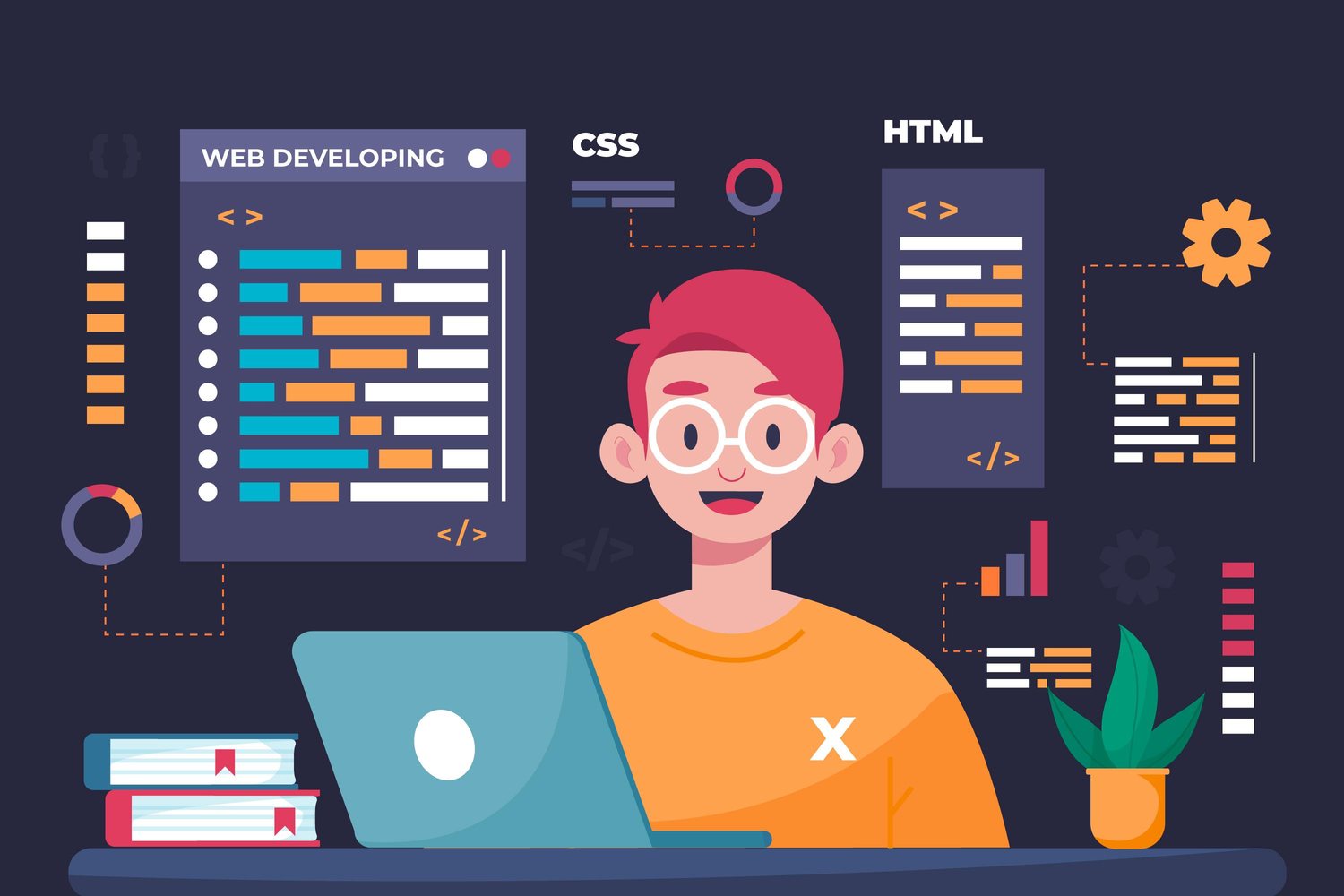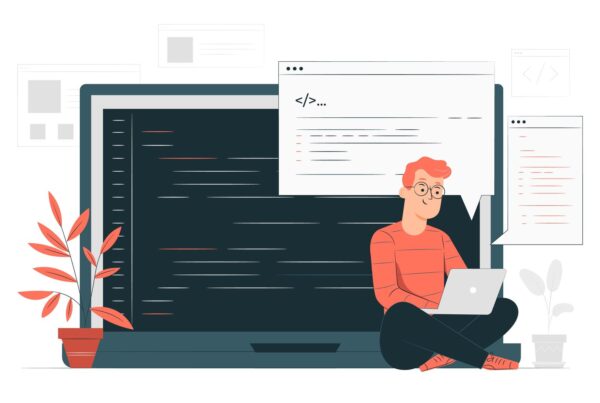At the moment the club contacts the golf ball, there are just three things that matter. Everything we do before and after that moment is intended to make those three things occur properly. Every bit of swing advice you will ever read, see, or get will be aimed at one or more of those three things.
Club Path
The path the club head is following at the moment of impact determines the initial flight path of the ball. The club can be moving from outside the target line to inside which means the ball will start inside the target line (sometimes called a pull).
The club can be moving from inside the target line to outside the line. This path causes the ball to start outside the target line (sometimes called a push).
The club can be moving down the target line which will cause the ball to leave on the target line.
Angle Of The Face
The club face can be open, square, or closed to the line the club is traveling on. Notice this is not necessarily the target line. An open club face will put side spin on the ball and cause a small fade or a large slice depending on how open the club face is.
The club face can be closed to the club’s path which will also put side spin on the ball. This club face position will cause the ball to draw or hook depending on how closed the face is during impact.
Finally, the club face can be square to the club path which will allow the ball to follow a straight path.
Club Head Speed
Club head speed translates into power. The faster the club head travels the father the ball will fly. Speed is generated by keeping the swing arc wide and by keeping the wrists cocked until late in the swing. Speed is also generated by making a full turn of the shoulders and hips. Finally speed is generated by moving your weight from the back leg early in the swing to the front leg later in the swing.
Now go read all those books and articles about the golf swing. Look at all the pictures and diagrams showing the spine angle, shoulder plane, hip plane, club path, grip, stance, take away, position at the top, posture at impact, and follow through. All of that and more is necessary to make just three things happen.
Help! What Am I Going To Do?
First, don’t panic. Golf is supposed to be fun, we don’t have to make our living hitting golf balls. Tiger worries about tiny differences, you just need to keep the ball in play.
The traditional golf swing is very complex, perhaps too complex. You should find a way to make the learning process easier. I assume that like so many of us, you are not going to take lessons from a pro. So you need products that break down the swing into easy to learn parts and that ideally remove unnecessary complexity.
Fortunately several products do this. For swing aides look at the Medicus hinged driver and iron. For swing training and advice look at products like Medicus Stack and Tilt, The Simple Swing, Golf Swing Eureka, or Stop Slicing Now. There are many other proven and effective products. (Notice I didn’t give the names of products I don’t promote. I am no fool!)
Any proven product will work if you practice with it only. The more you are willing to work, the faster you will improve. You should choose products that are aimed at simplifying the swing, so you will have less to learn. If possible avoid the classic swing. That also means don’t look to the golf magazines for swing advice, since they focus on the classic swing too much!
When you are ready to choose training materials and aides, look for a satisfaction guarantee. Many products sold on line have fairly long trial periods to allow you a fair evaluation. Then look for how they intend to reduce the problems found when learning the classic swing. Your confidence in the product you choose to buy is perhaps the most important measure of your future success.









